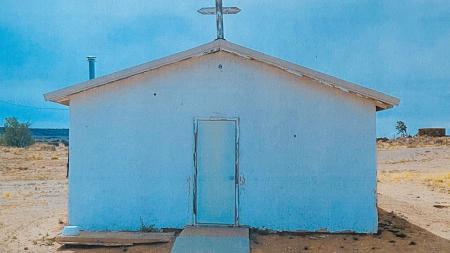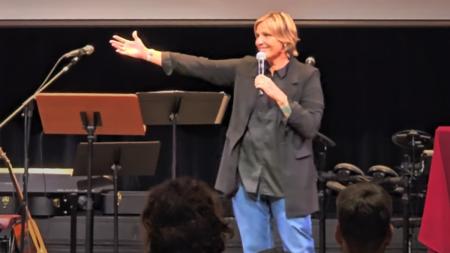Study Finds Opinions Vary on Justice

While the Christian Reformed Church promotes in its mission statement the pursuit of “God’s justice and peace in every area of life,” the ways in which church members understand and live out justice vary considerably.
This was one of the findings of a pilot research project entitled Justice and Faith: Mobilizing Christian Reformed Church Congregations for Justice.
Conducted over the last six months, the project focused on discovering how issues of justice play out for CRC members in Canada.
The project’s purpose was to inform and advance the CRC’s justice-mobilization efforts. These efforts encourage and enable CRC members and congregations to embrace justice as an integral aspect of Christian mission, vocation and discipleship, say leaders of the study.
“The project model provides space for mutual learning and dialogue, so that through this project we grow as a CRC community and are able to better respond to God’s call to justice,” said Steve van de Hoef, who was a co-leader of the project and serves as the CRC’s justice and reconciliation mobilizer in Canada.
Study participants observed that a majority of CRC people would understand justice to be a “second-tier concern,” something that God calls them to but that is less important than other aspects of Christian living.
A smaller proportion would see justice as a central concern of Christian faith and life, while others would see justice as a peripheral concern for Christians.
The project addressed three questions:
- How and to what extent are CRC people presently engaging in matters of justice?
- What is enabling, and what is preventing CRC people from pursuing justice?
- What strategies would help CRC people to further engage in doing justice?
The research team reviewed a number of relevant CRC documents, and conducted key interviews and focus groups.
Among the findings of the pilot project:
- A biblical vision of justice was seen to be essential for understanding and responding to God’s call to do justice.
- A wide variety of activities were described as “doing justice,” from volunteering in soup kitchens to deepening relationships within the community to engaging in political advocacy.
- Several barriers to doing justice were identified, including being sheltered from the reality or effects of injustice, a lack of knowledge about justice issues or how to respond to injustice, a lack of consistent language and approach within the denomination, and a lack of agreement or ability to work together, both within and between congregations.
The study also reported several suggestions from participants for encouraging and enabling CRC people to further consider and respond to God’s call to do justice.
Numerous participants indicated that this project had encouraged them to reflect on how they understand and do justice, and had led to valuable conversations with others.
In partnership with the Centre for Philosophy, Religion and Social Ethics and the Centre for Community Based Research, the CRC has been awarded a Partnership Development Grant from the Social Sciences and Humanities Research Council of Canada.
This grant will help fund a larger, action-research project on the topic of justice and faith in the CRC.
For more information, contact Steve van de Hoef at [email protected] or 800-730-3490.


